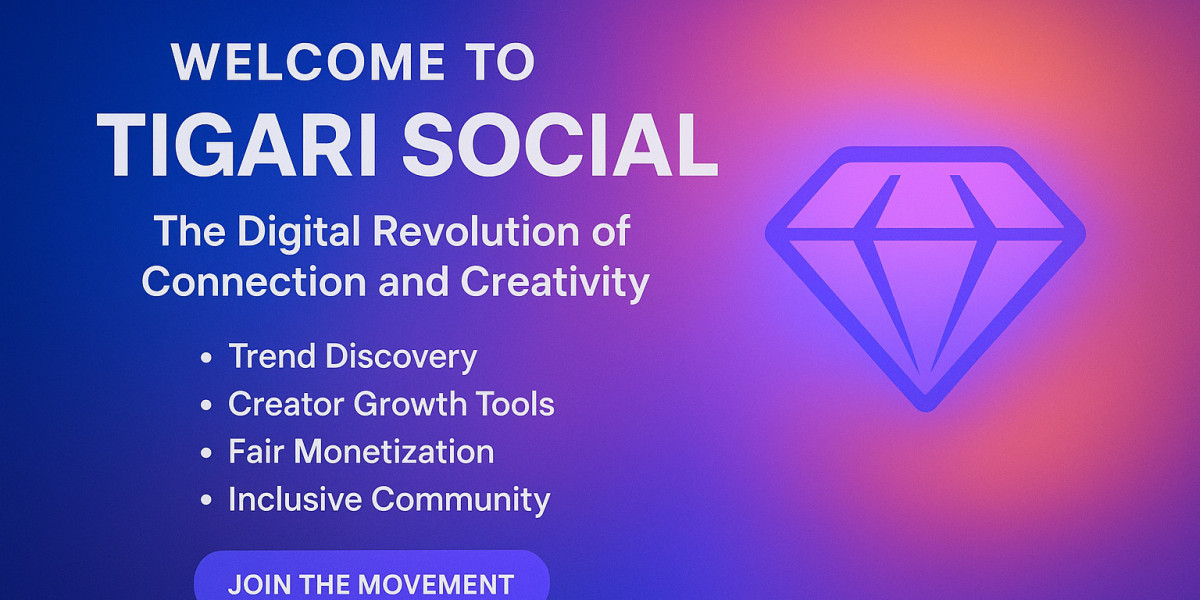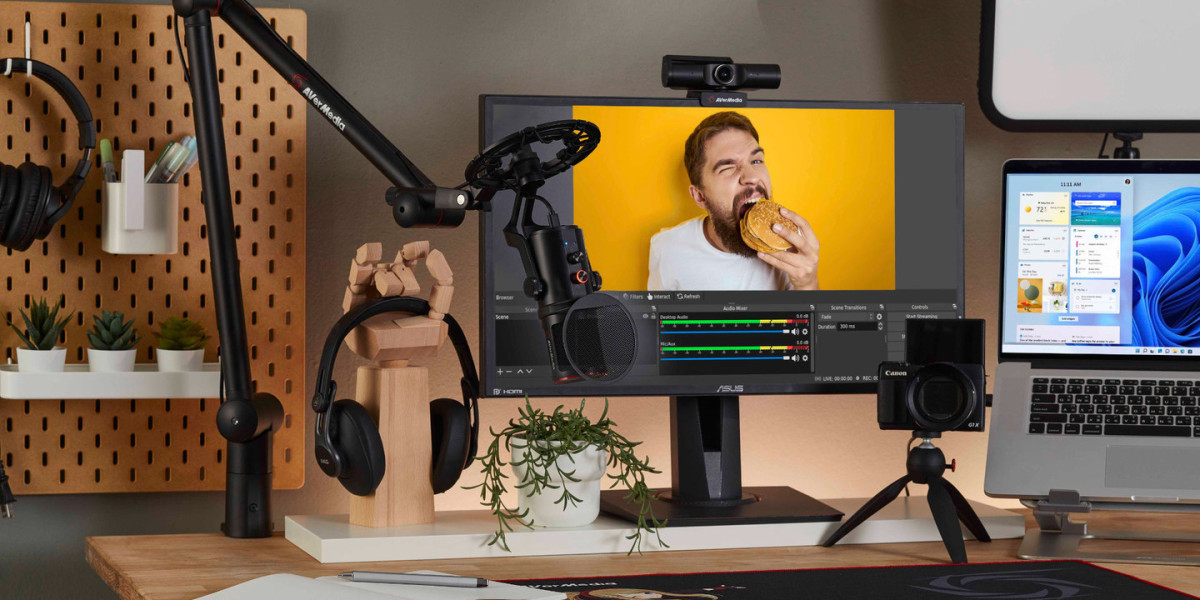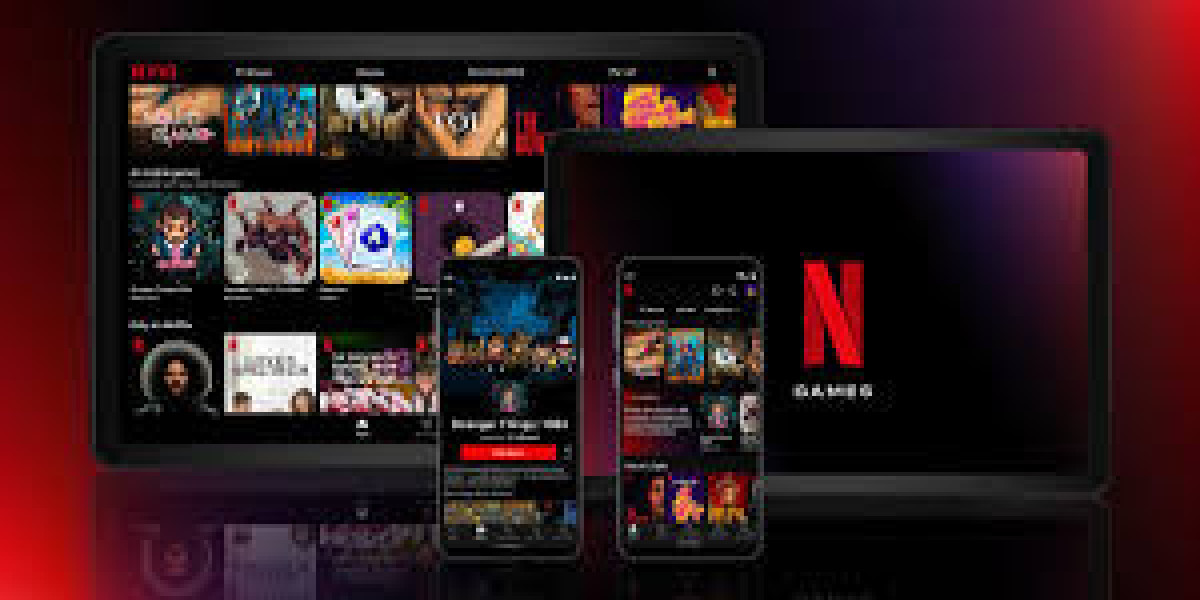Social Media as a Political Tool
Social media has fundamentally altered political communication. Leaders can now bypass traditional media, speaking directly to millions of followers in real time. Campaigns increasingly rely on viral content, targeted ads, and influencer endorsements to reach younger demographics who consume news primarily online.
Example: Micro-targeted video campaigns on TikTok that highlight policy proposals in under 60 seconds have become a staple strategy for political candidates.
Mobilizing Movements and Public Opinion
Social media empowers citizens to organize, protest, and raise awareness quickly. Hashtags and viral challenges amplify voices that might otherwise go unheard. From climate activism to social justice campaigns, online engagement can translate into real-world political pressure.
Example: Hashtag movements have influenced legislation, corporate practices, and international attention on human rights issues.
Misinformation and Polarization
While social media accelerates information sharing, it also spreads misinformation and disinformation. Algorithms often prioritize sensational or emotionally charged content, which can polarize audiences and distort political debates.
Impact: False narratives can affect elections, erode trust in institutions, and create international tensions. Governments and platforms are continually developing fact-checking measures and AI-driven moderation to mitigate these risks.
The Rise of Political Influencers
Beyond traditional politicians, social media personalities now wield political influence. Content creators and analysts break down policy, fact-check statements, and mobilize communities. Their ability to reach millions has made them key players in shaping public opinion and holding officials accountable.
Example: Influencers hosting livestream Q&A sessions with political experts create direct engagement between citizens and policy discussions.
Global Diplomacy in the Digital Age
Social media also impacts international relations. Leaders announce policies, respond to crises, and communicate with foreign publics online. While this accelerates transparency, it can also escalate conflicts due to misinterpretation or viral miscommunication.
Example: Diplomatic statements shared on X often trend worldwide within hours, drawing attention from global media and citizens alike.
Challenges and Opportunities
The integration of social media into politics presents both benefits and risks:
Opportunities: Increased civic engagement, broader political participation, rapid mobilization for causes, and transparency in governance.
Challenges: Echo chambers, spread of misinformation, digital surveillance, and algorithm-driven polarization.
The Future of Politics Online
As social media platforms evolve, their influence on politics will only grow. Understanding how to navigate digital communication, verify information, and engage constructively is essential for citizens, political leaders, and journalists alike. In 2025, political literacy increasingly includes social media literacy — knowing how platforms shape perception, influence policy, and drive collective action.






